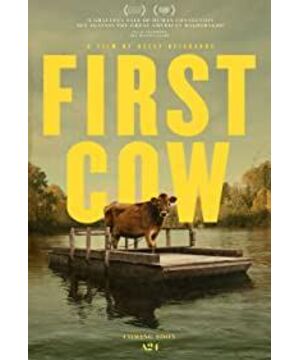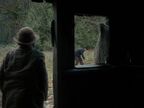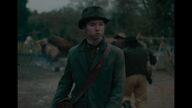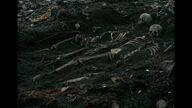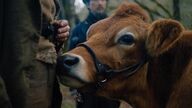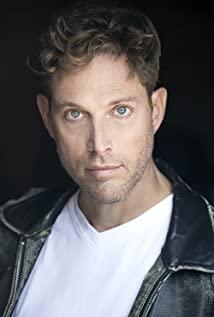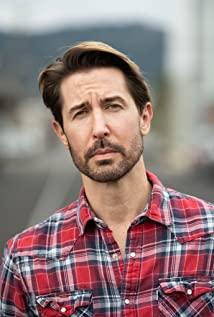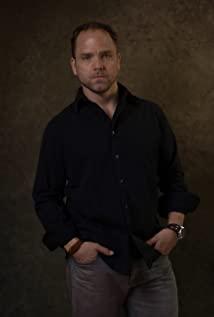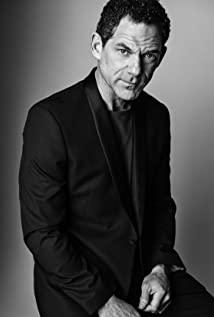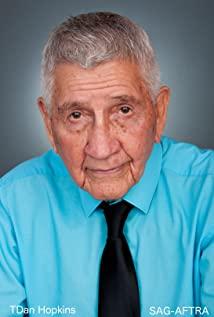From plot to characters, an anti-genre western.
Deconstructions like capitalism, like analyzing Anne Prue's post-Midwest capitalism, are unnecessary. Not all small cuts have to leverage big themes. The indescribable subtlety is one of the motifs that Reichardt deals with, and she has returned to the starting point of her creation—a continuation of "The Joy of Yesterday". Compared with "Mick's Shortcut", the grand proposition and ambition act as a shield in this film. If capitalism is talked about, it is also a more abstract capitalism, a relationship with nature. structural issues rather than a critique of capitalism.
The director is very skilled, like a skilful skier. The dramatic tension also unfolds in this casualness. The opening takes about half an hour to frame the world, which is quite patient (but interesting), and it is not until the second appearance of Kim that the dramatic tension begins. The most wonderful thing is that Jin's character arc has a reversal at the end, and the emotions that have accumulated in the second half of the second half (also the subtle emotions set by the director) are released so naturally, as if the whole movie is for Jin. He hesitated for a second to shoot.
At the beginning of the film, not only does the director confidently establish a tension, but also establishes a gap between time and space. The carrier of emotion turns into bones in space, while time amplifies emotion and preserves emotion. Movies can live forever in this gap.
View more about First Cow reviews


